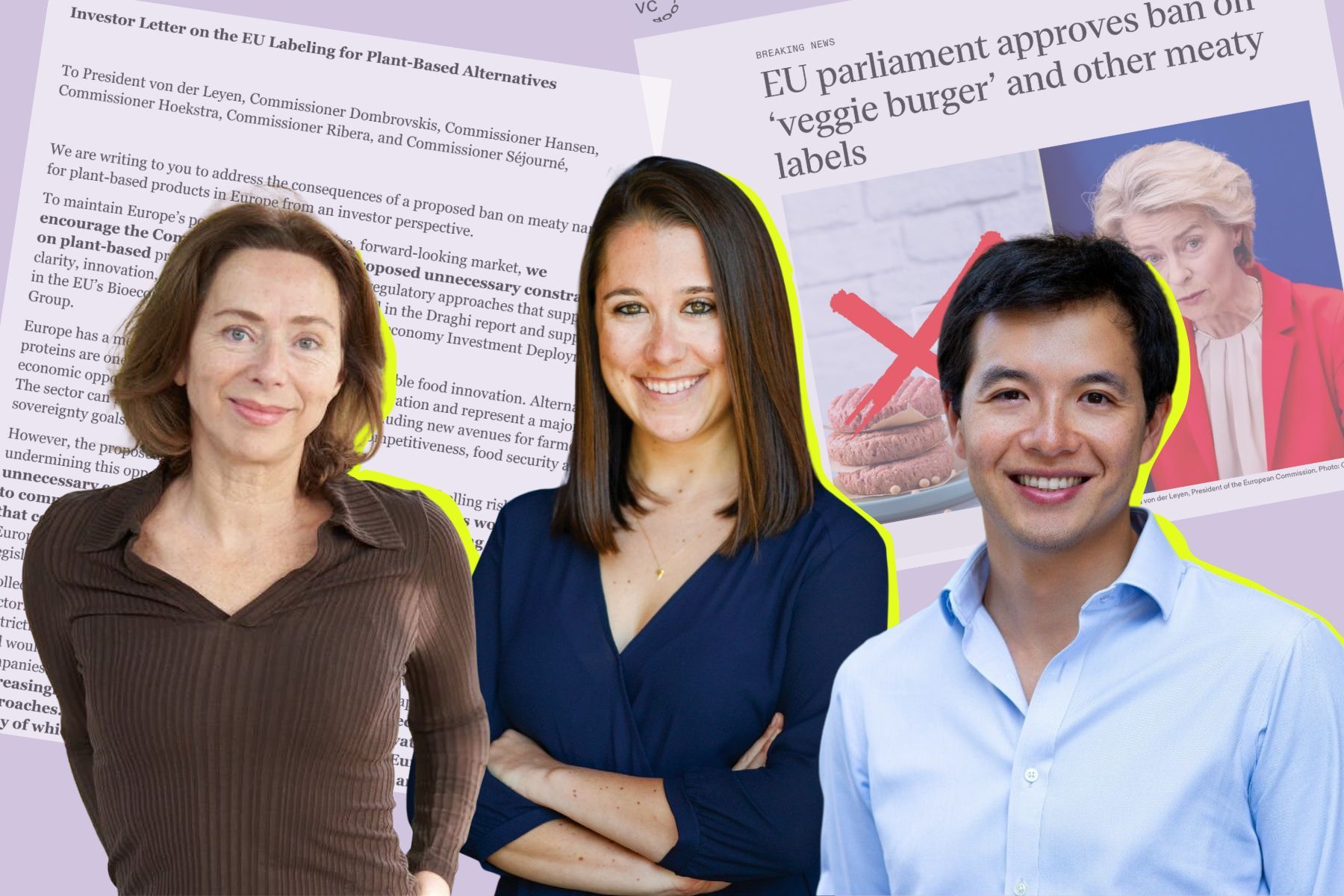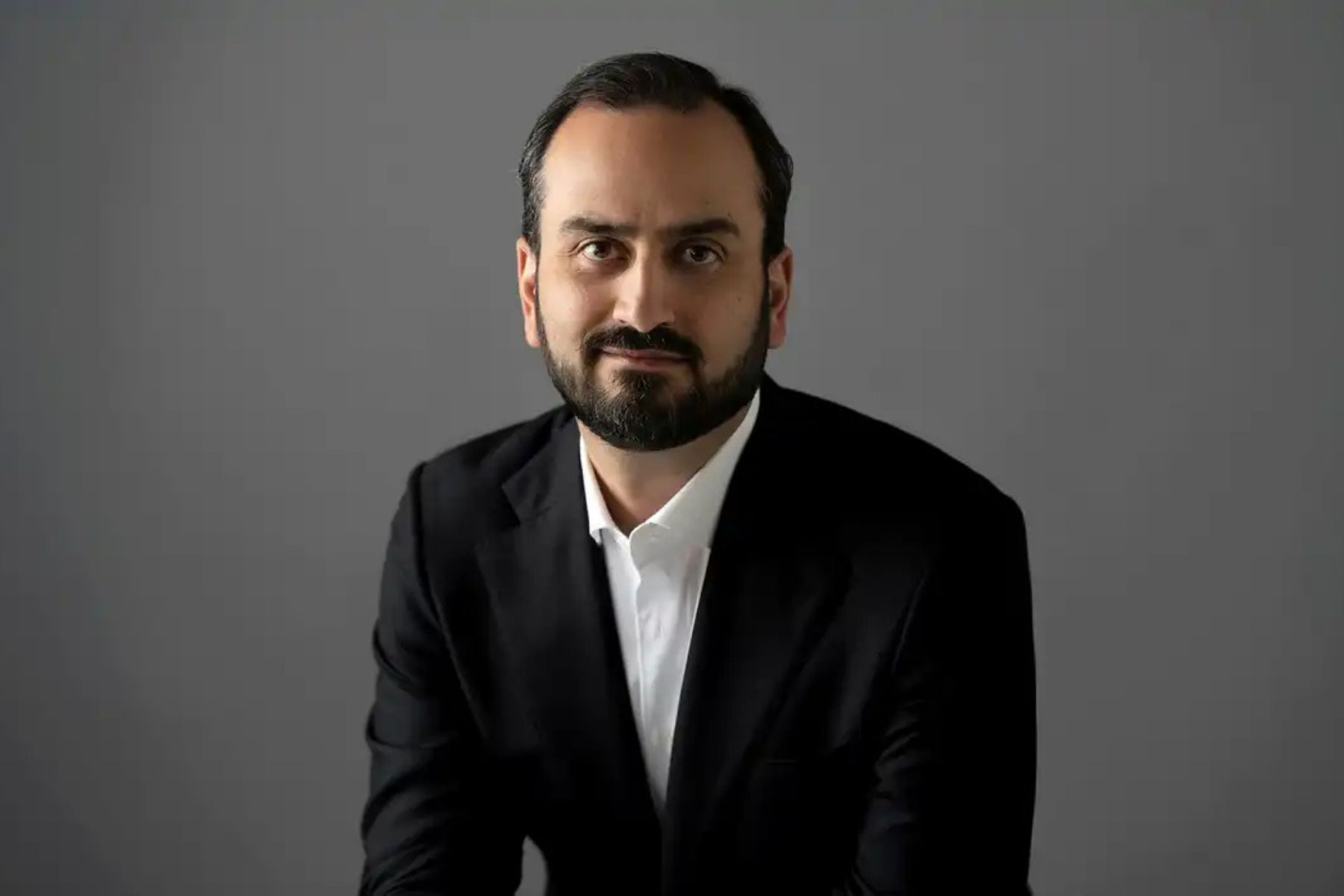Can food design fix our broken system? How 141 circular products made it to UK shelves

Creating a more circular food industry starts with changing the way we think about design.<br><br>That’s the takeaway from Ellen MacArthur Foundation’s Big Food Redesign Challenge, which set out to prove that it's possible to create food products that regenerate nature rather than deplete it.<br><br>"Everything you take off a supermarket shelf or even a farmer’s market is designed in some way," says Beth Mander, Food Programme Manager at the foundation, to Impact Loop.


About 60 percent of the world’s food supply come from just three crops: rice, wheat and corn.
That’s part of the reason why changing the way we think about food design could create a much more circular agricultural ecosystem.
“Everything you take off a supermarket shelf or even a farmer’s market is designed in some way,” says Beth Mander at the UK-based Ellen MacArthur Foundation, a leading advocate of a circular economy. “And it can all be designed in a way that is better for nature if we're conscious about that.”
That was the leading thesis behind the Big Food Redesign Challenge, a two-year project that saw more than 400 participants come up with new ways to think about the way their food products are designed. Giants like Nestlé and small startups all took part, with the end result being 141 products that are already hitting store shelves in the UK and elsewhere.
"The whole construct of the challenge was to demonstrate that food companies could implement these circular design principles, and that nature would benefit as a result," Mander says. "But it has also enabled us to say all food brands can do this, because we had the world’s biggest brands take part in the journey, all the way down to startups. That was an important proof point that your size doesn’t matter."
Diversified and upcycled ingredients
The first thing to note is that “design” in this context goes well beyond the look of the packaging we see on the shelves or the shape and texture of the products we eat.
The challenge urged participants to think more holistically: from diversifying the ingredients they use, to changing how those ingredients are grown and sourced. And a big emphasis was put on ingredients that are upcycled or low-impact. Think linseed butter, hemp-based snacks, and burgers made with a blend of seaweed, to mention just a few of the successful submissions.
But the takeaways go beyond just the 141 products that were produced, with the Ellen MacArthur Foundation hoping the challenge will change the way both big and small companies think about how they create their products.
“I have this real belief that we can move the whole system,” Mander says. “Often, sustainability only gets sprinkled on top, but not baked into the core premise of the product in the first place. With this approach, organisations have been able to say, ‘actually, let’s bring all the stakeholders into the design room and really bake this in from the start.’ That’s been great to see.”
Lessons for startups
So what are some of the big lessons that impact startups in the food tech sector can learn from the challenge?
Mander says the feedback she received from participants highlighted the importance of building relationships with suppliers in order to create a more regenerative system.
“I think the best advice is to really understand who you’re currently sourcing from and what the constraints are on them transitioning to a more regenerative system,” Mander says. “Viewing it as an interconnected network rather than a linear supply chain has been really beneficial.”
And getting better connected to the farmers at the end of the supply chain can also spark new ideas for how to increase plant diversity and upcycle ingredients.
“Our guts need more diversity, so there’s a great demand for that. And from an upstream perspective, there's been a great surge of interest in how to use more regenerative production methods,” Mander says. “I have one example where an SME said ‘I was talking to this farmer, and then I realised that they could grow something else on a farm that I could make use of. So it was beneficial to them, and beneficial to me.’ That’s been a lovely part of the conversation.”
Making it 'the new normal'
Ellen MacArthur, a former long-distance sailor who broke the world record for the fastest solo navigation around the world, launched her foundation in 2010 to help accelerate the transition to a more circular economy. It previously worked with the fashion industry on a similar challenge for jeans design.
Now the next step for the foundation is to “make this initiative become the new normal,” Mander says.
That means working with companies and organisations to show how this kind of thinking can help safeguard ingredient streams in the future and build resilience into their supply chains. And working with policy makers to make them see the potential of a more regenerative approach.
“The food system at the moment is a net contributor to both biodiversity loss and greenhouse gas emissions, but it doesn't need to be that way,” Mander says. “So it's been so powerful to have these food businesses demonstrate that it's possible and to have these products reach supermarket shelves.”
Get full access to Europe's new platform for impact news
- Quality journalism, interviews, investor profiles and deep-dives
- Daily newsletter with top stories, latest funding rounds and roundup to keep you in the loop
Keep reading – get in the loop!
- Håll dig i loopen med vårt dagliga nyhetsbrev (gratis!)
- Full tillgång till daglig kvalitetsjournalistik med allt du behöver veta inom impact
- Affärsnätverk för entreprenörer och investerare med månatliga meetups
Fortsätt läsa – kom in i loopen!
- Håll dig i loopen med vårt dagliga nyhetsbrev (gratis)!
- Full tillgång till daglig kvalitetsjournalistik med allt du behöver veta inom impact
- Affärsnätverk för entreprenörer och investerare med månatliga meetups








